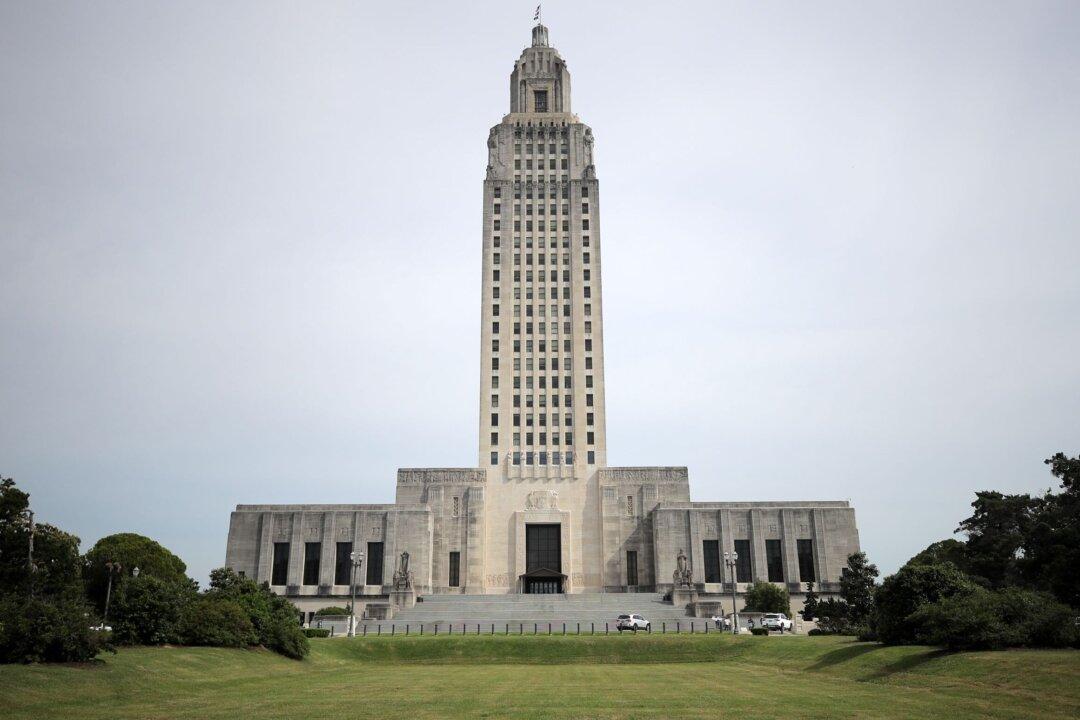A crowded group of candidates took the debate stage in Lafayette, Louisiana, on Sept. 15, with six men and one woman speaking in a newsroom stage, vying for the votes of Louisiana.
The candidates addressed how they would deal with issues such as policing and infrastructure, keying in on contentious topics such as their position on abortion and potential COVID-related government shutdowns.





